Bayesian Calibration and Uncertainty Quantification of the Strength Models
Please login to view abstract download link
Material models of strength and damage are crucial components in a multi-physics simulation. Such models are required in a wide range of applications, such as structural engineering, astrophysics, and fusion reactor design to name a few. Calibration of a material model is challenging for several reasons. Among them, 1) a material model, being intrinsically multi-modal, has a large parameter space that must be efficiently explored; and 2) because the state (or internal) variables such as temperature and strain rate strongly affect the objective function, extrapolation from a model comes with large uncertainty. To address these issues, we have developed a framework that combines Bayesian inference with advanced MCMC algorithms and machine-learning (ML) techniques [1]. Our approach with the emulators and Elastic Bayesian calibration methods [2] can incorporate a variety of experimental data, resulting in enhanced predictive capability and reduced uncertainty of the material model. In this presentation, I will review the Bayesian methodology implemented in our software IMPALA and illustrate its application to the Preston-Tonks-Wallace (PTW) viscoplasticity model. I will also provide an example of using the posterior samples. [1] D. Francom, L. Vandervort, J. Plohr et al. “Bayesian Calibration of Material Strength Models: Hierarchical and Clustering Structures”, in preparation [2] D. Francom et al. “Elastic Bayesian Model Calibration”, arXiv 2024

